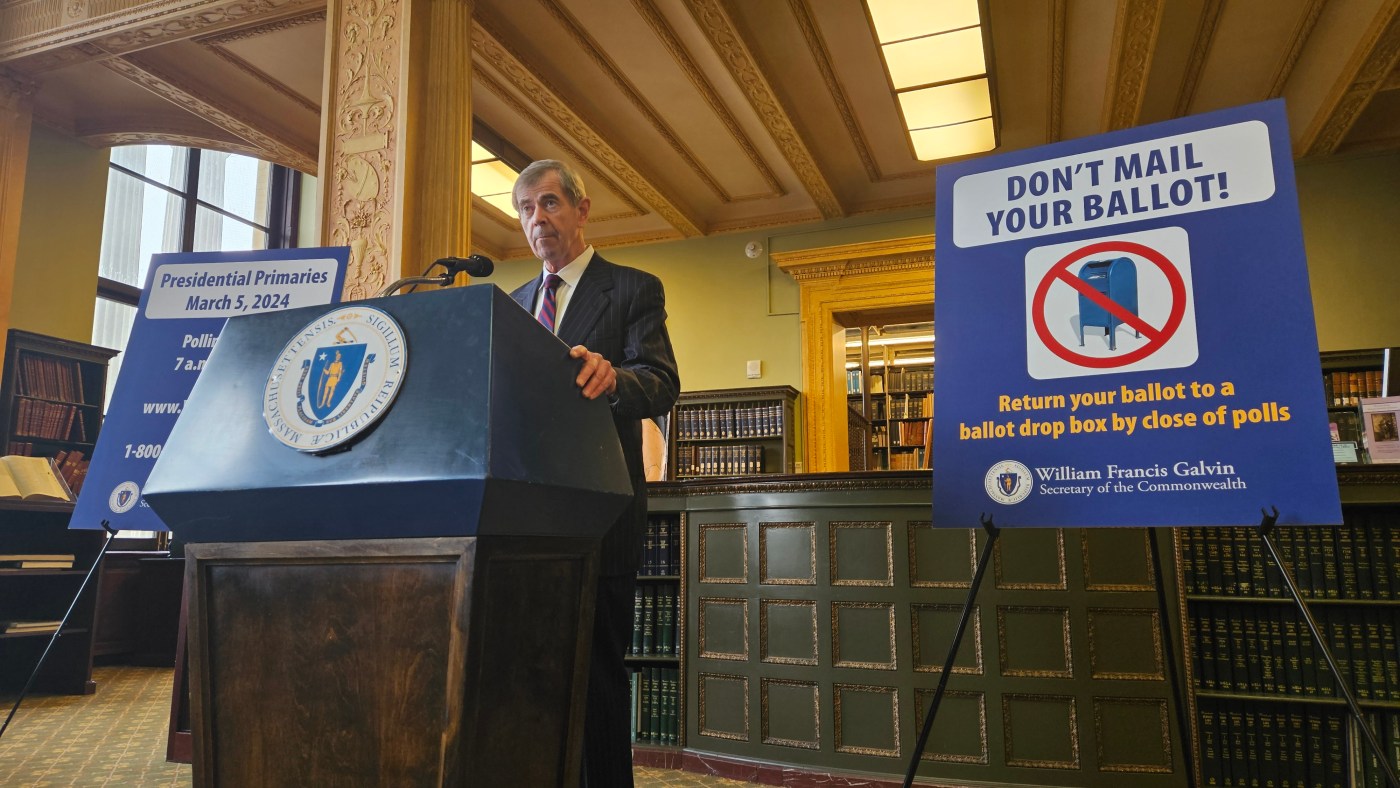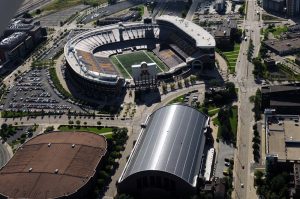
Mass. state primaries turnout expected to ‘far exceed’ previous comparable elections
Massachusetts’ top election official said he expects turnout for the state primaries next week to “far exceed” the number of voters who cast ballots in the last two comparable elections in 2016 and 2012 despite the lack of intense races for both Democrats and Republicans.
Voters have few choices this year as races up and down the ballot feature little to no competition between members of the same party. Only a handful of contests like the Republican primary to choose U.S. Sen. Elizabeth Warren’s challenger feature multiple candidates.
Even with competitiveness missing in most parts of the state, Secretary of State William Galvin said hundreds of thousands of mail-in ballots have already been returned — 336,000 from Democrats and 78,000 from Republicans as of Thursday morning — of the nearly 1 million that were sent out.
Related Articles
ABC’s rules for the Harris-Trump debate include muted mics when candidates aren’t speaking
Tim Walz is a car guy — and works on his own 1979 Scout SUV. Will it help him with voters?
Trump is visiting swing districts in Michigan and Wisconsin as battleground campaigning ramps up
Ballot measures in 41 states give voters a say on abortion and other tough questions
Get a text about your voter registration status? Massachusetts officials say it’s a scam
The number of voters who have so far participated in the primaries has been “overwhelming,” Galvin said at the State House.
“We certainly see the turnout on Tuesday, (Sept. 3) will exceed the turnouts that we’ve had in the two last comparable state primaries, namely 2016 which was a presidential election year, and 2012, which was a presidential election year,” he said. “We will far exceed those.”
More than 1 million voters of the 4.8 million registered voters turned out for the last state primary in 2022, according to official election data.
Galvin said he expects more than 500,000 votes to be cast by Democrats and 250,000 by Republicans this year.
“That’s remarkable in light of the fact that there are very few contests on the Democratic side. There are no congressional primaries at all,” he said. “On the Republican side, we do have a Republican U.S. Senate primary, and we have a Republican congressional primary. So most of the interest is based upon the local races that are out there, which are primarily legislative races and county races.”
Former Marine John Deaton, Quincy City Councilor Ian Cain, and industrial engineer Robert Antonellis are all running as Republicans to take on Warren, who does not face a primary challenger as she seeks a third term, in November.
Galvin also pointed to several “intense” local races like the contest for a seat covering parts of Newton and Brookline held by outgoing Rep. Ruth Balser, which has drawn three Democrats, including two who are city councilors in Newton.
Another race to fill a Senate seat covering Bridgewater, Easton, Milton, Stoughton, West Bridgewater, parts of Braintree, and portions of Randolph held by outgoing Sen. Walter Timilty has also drawn several Democratic candidates, including Rep. Bill Driscoll.
Galvin, who served as an incumbent for years in the state Legislature, said competitive local races draw voters out to the polls.
“Especially local legislative races, where people are likely to be campaigning door to door, and getting everybody they know to participate, that tends to intensify the turnout,” he said.

